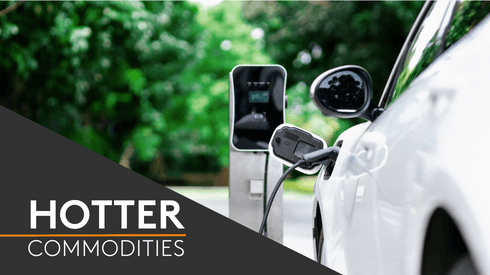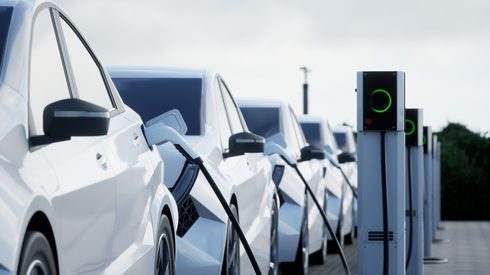Soaring energy costs, which have pushed up electric vehicle (EV) charging prices by more than 40% in the last four months, have left the cost of charging an EV and that of filling up a traditional car with petrol almost on par and could hinder electrification in the UK, new data from the RAC shows.
The new research comes just weeks after experts told Fastmarkets that rising electricity costs were unlikely to significantly impact market sentiment around EVs, despite some studies previously showing that the price differential with the costs of fuelling combustion cars is narrowing.
According to the new RAC data, published on September 26, the cost to charge an EV on a pay-as-you-go basis at a publicly accessible ‘rapid’ charger has increased by 42% – or 18.75p per kilowatt hour – since May to reach an average of 63.29p per kilowatt hour.
The motoring association has subsequently warned that such high costs could deter drivers from making the switch to battery-operated vehicles.
A driver exclusively using a rapid or ultra-rapid charger on the public network will now pay around 18p per mile for electricity, up from an average of 13p per mile in May, the RAC figures show, which compares to 19p per mile for a petrol car and 21p per mile for a diesel alternative, based on someone driving at an average of 40 miles to the gallon.
“For those that have already made the switch to an electric car or are thinking of doing so, it remains the case that charging away from home costs less than refueling a petrol or diesel car, but these figures show that the gap is narrowing as a result of the enormous increases in the cost of electricity,” RAC spokesperson Simon Williams said.
“These figures very clearly show that it’s drivers who use public rapid and ultra-rapid chargers the most who are being hit the hardest,” he said.
EV adoption under threat
While many current electric car drivers will predominantly charge at home where electricity is cheaper – under the Energy Price Guarantee that takes effect on October 1, the cost per mile for an average-sized EV driven reasonably efficiently is around 9p, and the cost to charge a car to 80% at home will be £17.87 – this option is not available to everyone.
“But the huge price gap between home and public charging highlights the extent to which drivers who depend on the charging network, including those who don’t have driveways and can’t charge at home, pay a premium to run electric cars,” the RAC found.
Meanwhile, FairCharge campaign founder Quentin Willson warned on September 26 that with electricity costs up by an average of 140% on last year and the government’s “divisive” VAT levy of 20% on public charging, “EV adoption is under threat.”
“This government needs to act on charging costs; cap rises on public chargers, lower VAT and support charge point operators to build infrastructure,” Willson warned.
On September 15, EV charging firm Osprey lifted its streetside network prices over the psychologically-important £1 per kilowatt hour (kWh) mark in response to soaring power prices – the company’s second rise in the space of a few months – while similar price hikes are likely to be made by other providers in a crowded sector.
Transport decarbonization experts told Fastmarkets earlier this month that even though power prices are currently around 150% higher compared with a rise of about 50% in diesel prices over the same time frame, consumers are still able to use more of each kilowatt hour of electricity than they can of diesel.





